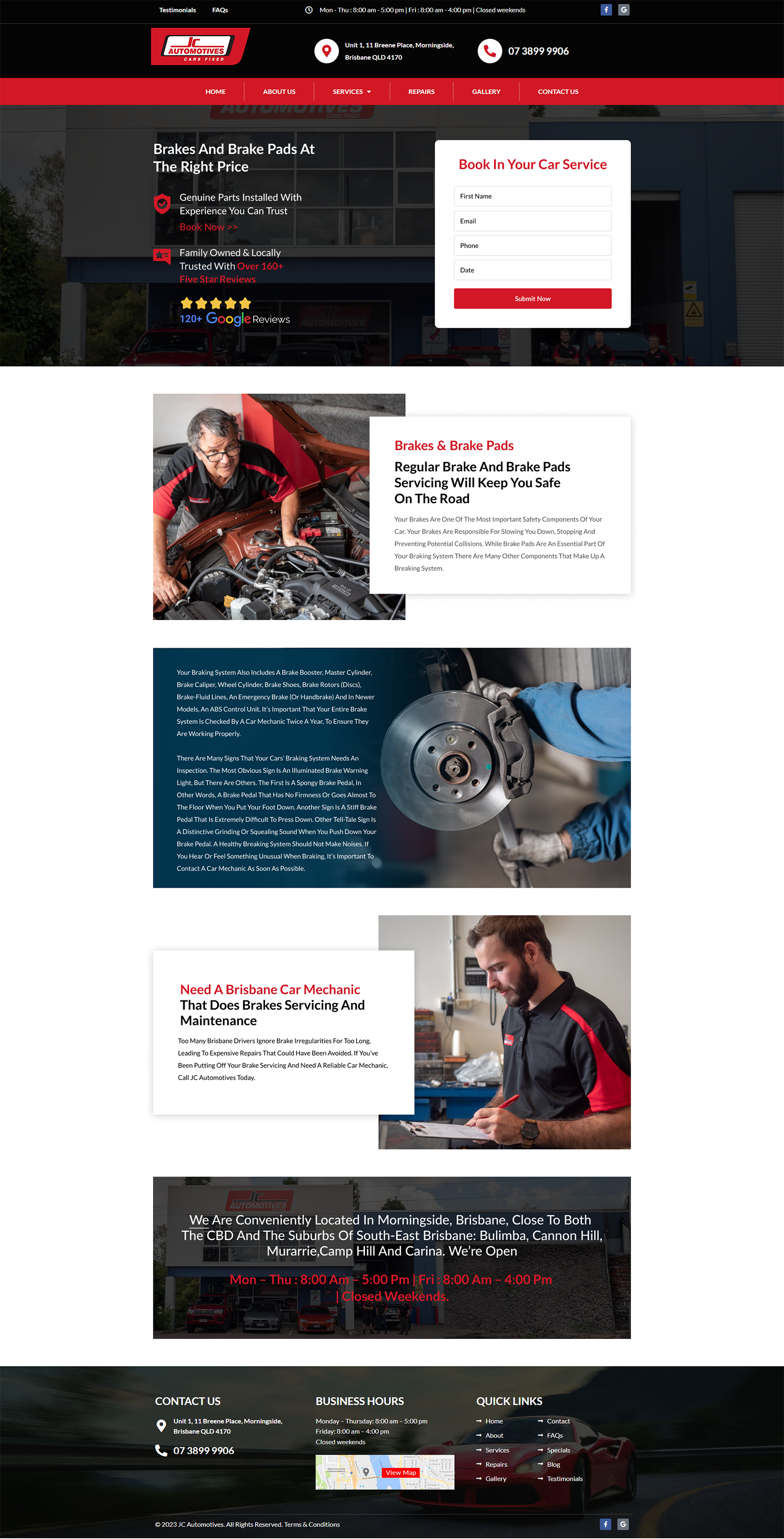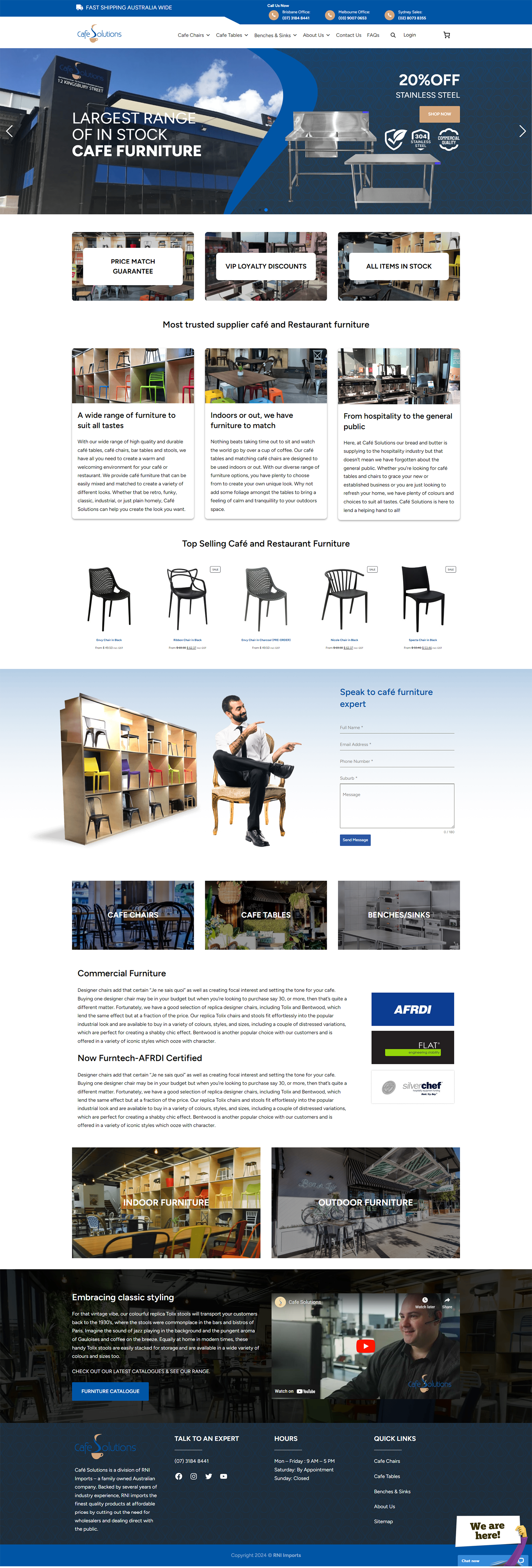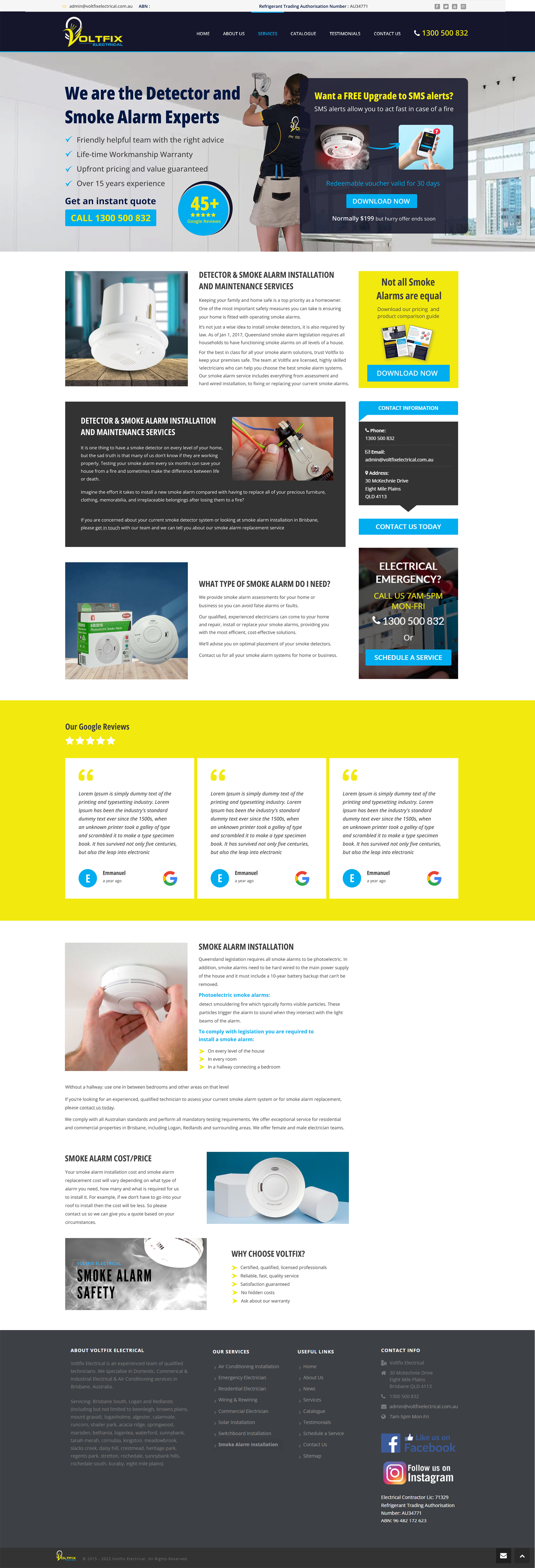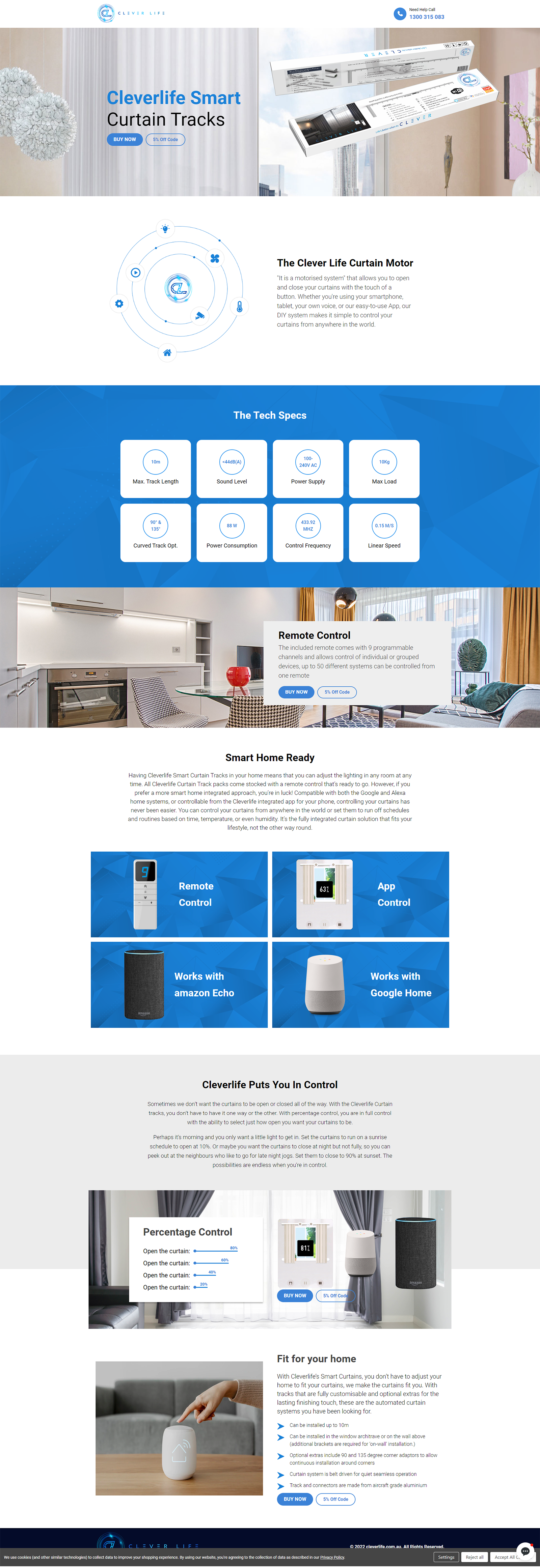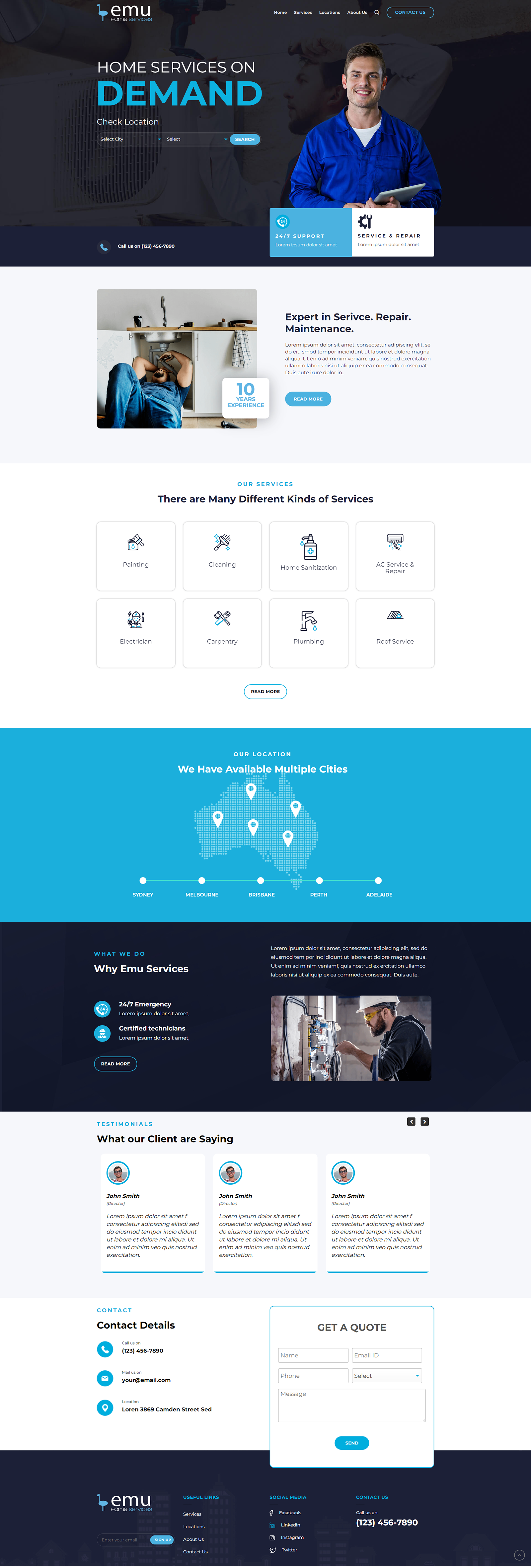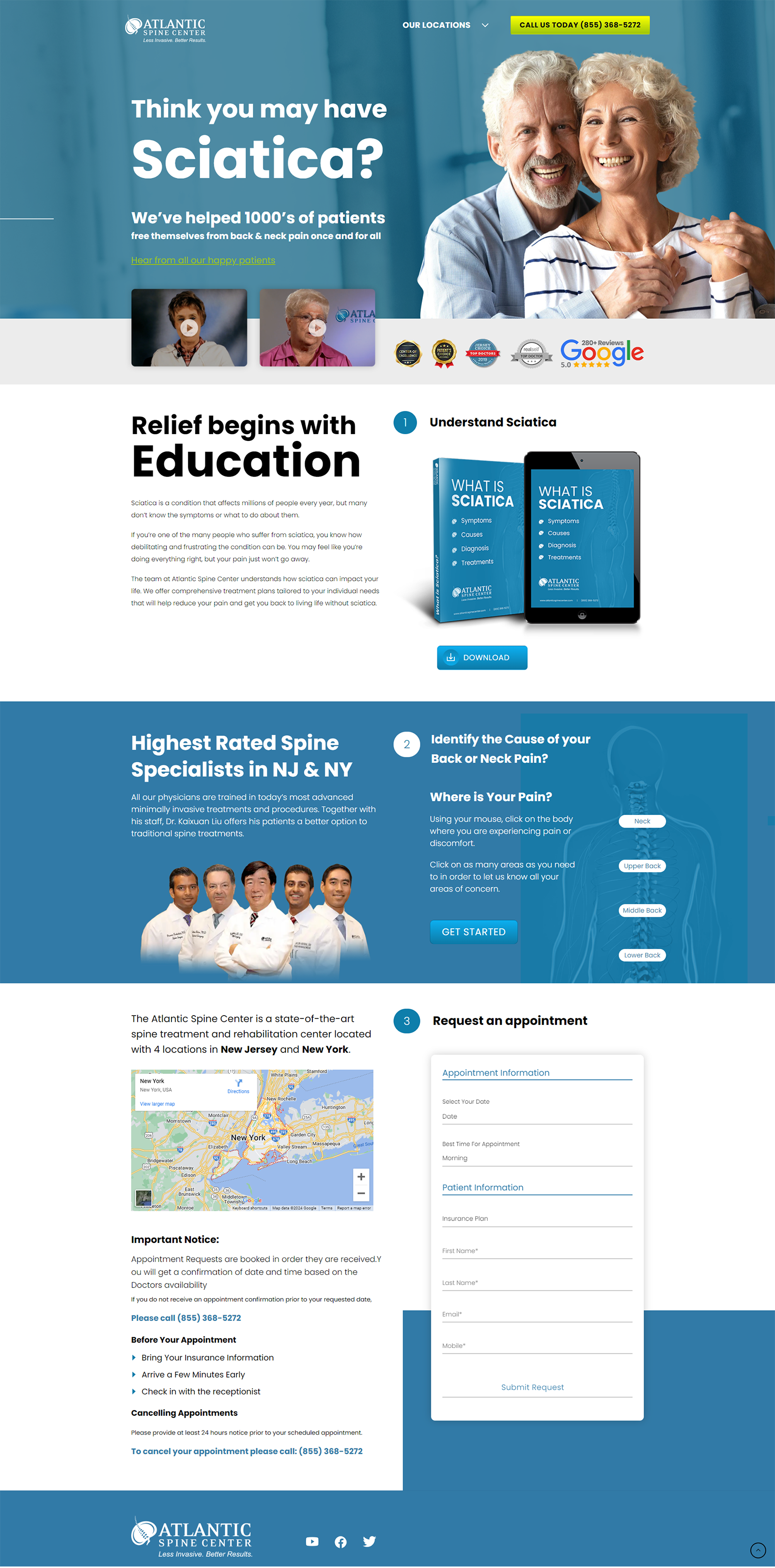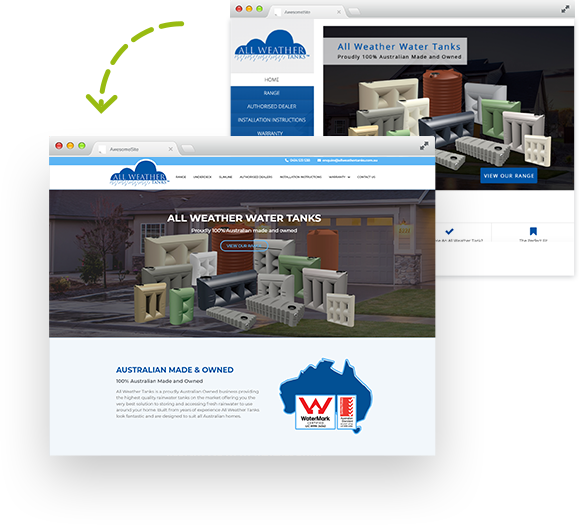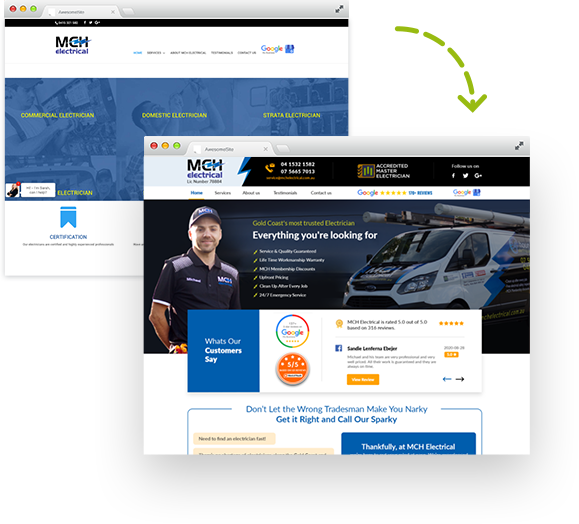In today’s competitive digital landscape, managing your Google Ads budget effectively can be a daunting task. Have you ever felt overwhelmed by the myriad of options and strategies available? If so, you’re not alone. Many businesses struggle to optimise their Google Ads budget to achieve the best possible return on investment. Optimising your budget is crucial to ensure that every penny spent contributes to your marketing goals. Here at Kick Media, we specialise in helping businesses navigate the complexities of Google Ads with expert tips and advice. Let’s dive into how you can optimise your Google Ads budget today.
Understanding Your Google Ads Budget
Setting the Scene
A well-defined budget is the cornerstone of a successful Google Ads campaign. Without a clear budget, you risk overspending or not spending enough to see significant results. Understanding your budget involves knowing your overall marketing goals and how much you can afford to allocate towards Google Ads.
Budget Allocation
Effective budget allocation means distributing your funds across various campaigns and ad groups in a way that maximises returns. Consider allocating more budget to high-performing campaigns and less to those that don’t yield as much. Use historical data to guide your allocation decisions.
Keyword Strategy
Thorough keyword research is vital to ensure your ads reach the right audience. Use tools like Google Keyword Planner to identify keywords that are relevant to your business and have a good balance of search volume and competition.
Long-Tail Keywords
Targeting long-tail keywords can be more cost-effective and yield higher conversion rates. These keywords are more specific and often indicate a higher intent to purchase. For example, instead of targeting “shoes,” you might target “affordable running shoes for men.”
Negative Keywords
Negative keywords help prevent your ads from showing up in irrelevant searches, saving your budget for more pertinent clicks. Regularly update your negative keyword list to refine your targeting and reduce wasted spend.
Ad Copy and Relevance
Creating ad copy that captures attention and drives action is fundamental to the success of your Google Ads campaigns. The relevance of your ad copy to the user’s search query significantly impacts your ad’s performance, influencing both your Quality Score and cost efficiency. Here’s how you can craft effective ad copy and enhance its relevance.
Relevance and Quality Score
The relevance of your ad to the user’s search query impacts your Quality Score, which in turn affects your budget efficiency. Higher relevance leads to a better Quality Score, which can lower your cost-per-click (CPC) and improve your ad positioning. Ensure that your ad copy, keywords, and landing pages are closely aligned to maximise relevance. Regularly updating your ads to reflect seasonal trends, promotions, and changing consumer interests can also help maintain high relevance.
Bid Strategies
Selecting the right bid strategy is crucial for optimising your Google Ads campaigns. The approach you choose should align with your campaign goals, resources, and performance metrics. Here’s an overview of the different bidding strategies available.
Manual vs Automated Bidding
Choosing between manual and automated bidding depends on your campaign goals and resources. Manual bidding gives you more control but requires more time and expertise, while automated bidding uses algorithms to optimise bids based on your desired outcomes. Manual bidding allows you to set specific bids for each keyword or ad group, which can be beneficial for campaigns with precise targeting needs. Automated bidding, on the other hand, adjusts bids in real-time to maximise conversions or meet other campaign objectives, making it suitable for campaigns with broader goals.
Smart Bidding Strategies
Smart bidding strategies like Target CPA (Cost-Per-Acquisition) and Target ROAS (Return on Ad Spend) use machine learning to optimise for conversions and value. These strategies can be particularly useful for complex campaigns with varied goals. Target CPA aims to get as many conversions as possible at or below your target cost-per-acquisition, while Target ROAS focuses on maximising the revenue generated from your ad spend. These smart bidding options help automate and streamline your bidding process, allowing for more efficient budget management.
Adjusting Bids
Regularly adjusting your bids based on performance data ensures that you are not overspending on low-performing keywords and are capitalising on high-performing ones. Use bid adjustments to fine-tune your strategy for specific times, locations, and devices. For instance, you might increase bids during peak hours or for high-converting locations to maximise your ad’s effectiveness. Conversely, reducing bids for underperforming segments can help save budget and improve overall campaign efficiency.
Advanced Techniques
Advanced techniques in Google Ads can significantly enhance your campaign performance by targeting your audience more effectively. These methods allow for greater precision and efficiency, leading to higher conversion rates and better return on investment.
Remarketing
Remarketing allows you to target users who have previously interacted with your website but did not convert. This technique keeps your brand top-of-mind and can significantly improve conversion rates by re-engaging potential customers. Set up remarketing lists to segment your audience based on their behaviour on your site, such as pages visited or actions taken. Tailor your ads to these specific segments to encourage them to return and complete the desired action.
Audience Segmentation
Using audience segmentation enables you to tailor your ads to specific groups based on demographics, interests, and behaviours. This targeted approach ensures your ads are more relevant to each audience segment, improving engagement and conversions. Create detailed audience profiles and use these to inform your ad creative and messaging. By addressing the unique needs and preferences of each segment, you can increase the effectiveness of your campaigns.
Geo-Targeting
Geo-targeting optimises your ads based on geographic location. By targeting users in specific locations, you can create more relevant and compelling ads that resonate with local audiences, leading to higher conversion rates. Use geo-targeting to focus on regions where your products or services are most in demand, or where you have a competitive advantage. Adjust your bids and ad content to align with local trends and preferences, ensuring your ads have maximum impact.
Interested In Google Ads?
Optimising your Google Ads budget is essential for achieving the best possible return on investment. By understanding your budget, implementing a robust keyword strategy, crafting compelling ad copy, and utilising advanced techniques like remarketing and geo-targeting, you can maximise the effectiveness of your campaigns. Regular monitoring, A/B testing, and making data-driven decisions are crucial steps to ensure continuous improvement. At Kick Media, we are dedicated to helping you navigate these complexities with expert tips and advice. Contact us and start optimising your Google Ads budget today and watch your business grow. For more insights and personalised support, explore the resources available at Kick Media.







